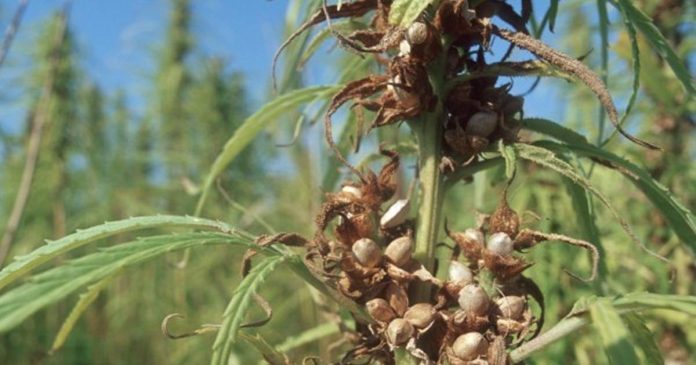Legislation introduced to NT’s parliament last week seeks to make it legal to grow and process industrial hemp in the Northern Territory.
The Hemp Industry Bill 2019 would create the authorising environment for the regulation of cannabis with less than or equal to 1% THC for food, fibre and seed production uses.
Under the legislation, crops would need to be sown using approved hemp seed that will typically produce plants with a THC concentration in the leaves and flowers of not more than 0.5%. While that seems to fly in the face of the 1% mentioned earlier, this is quite a common type of requirement allowing for a bit of wiggle room as seeds may produce plants with more than 0.5% due to environmental conditions beyond the grower’s control.
Under the Act, a register of industrial hemp growers will be kept, which is to be readily accessible to Police.
Three classes of licences would be available. A commercial licence will authorise the licensee to possess, cultivate, process or supply low THC hemp for commercial purposes; while two different types of research licences will entitle holders to possess, cultivate, process or supply low THC hemp for scientific research, instruction, analysis or study purposes. Licenses will be valid for 5 years.
Apparently the Bill was to specifically exclude the extraction or diversion of any cannabinoids (such as cannabidiol – CBD) for medicinal purposes, but there’s no mention of this in it (yet). However, the explanatory statement says “food, fibre and seed production uses” and notes the Bill is subordinate to the auspices of the Narcotic Drugs Act 1967.
The full Bill for the Hemp Industry Act 2019 can be viewed here.
Up to this point in time industrial hemp has been trialled under strict licences in the Northern Territory and special permission is required from the Department of Health.
Small hemp trials were conducted at Katherine Research Station by the NT Department of Primary Industry and Resources (DPIR) in 2016. Three varieties were planted – two grain varieties and one fibre variety. The trial resulted in a variety identified able to achieve comparative yields of between 2.0 and 4.8 t/ha. It wasn’t clear in the document that was sourced from if that was biomass or seed, but it’s likely seed.
“The trials provide an indication that hemp grain production may be a viable proposition as a dry season crop but further work is required on growth potential at different times of year in the NT,” according to DPIR’s Dr Warren Hunt.


